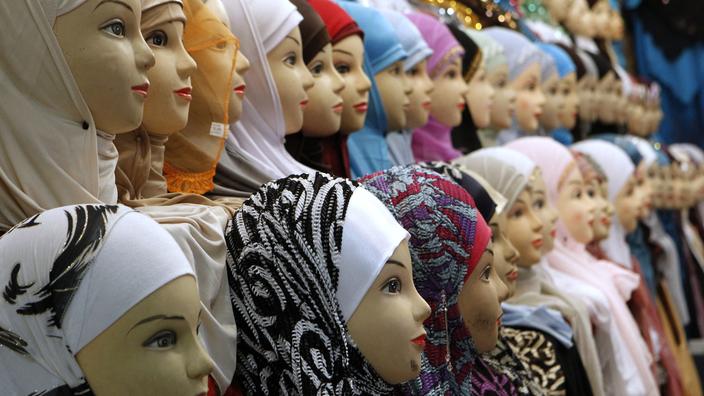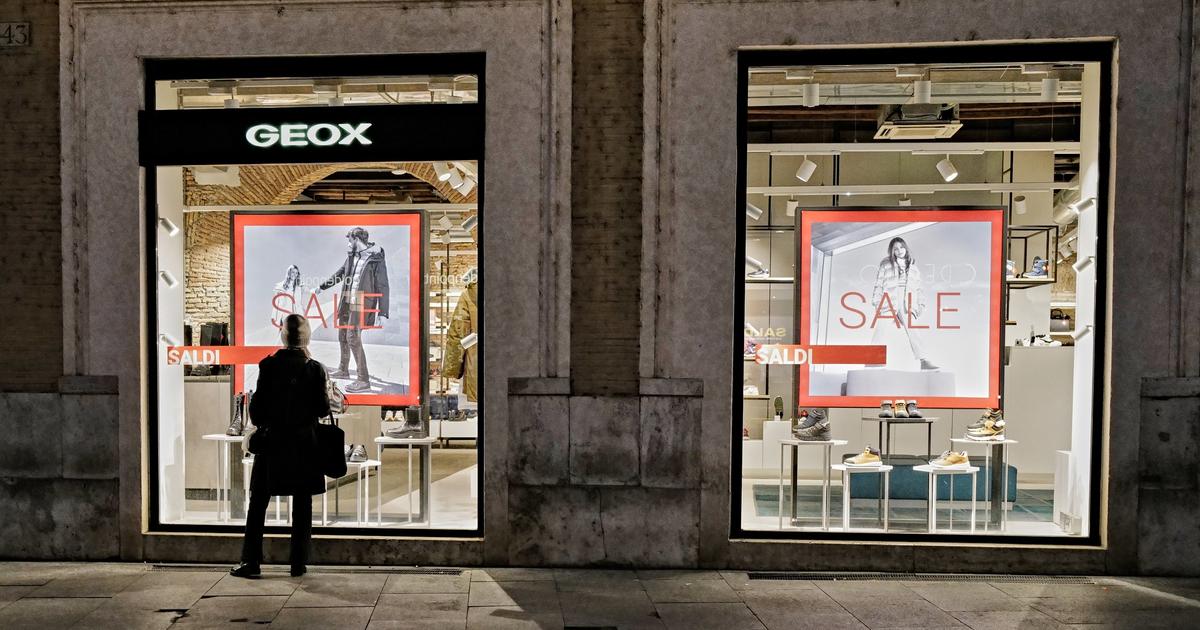An employer can ban the wearing of the Islamic headscarf at work as part of a policy of religious neutrality, said the Advocate General of the Court of Justice of the EU (CJEU) on Thursday, following questions from the German justice .
Read also: Separatism, wearing the veil, RN ... Eric Dupond-Moretti reaffirms his positions
The Hamburg labor court (north) and the Federal Labor Court (Bundesarbeitsgericht) were seized by Muslim employees whose employers in Germany demanded that they remove their veils at their workplace.
These two jurisdictions questioned the CJEU to find out whether the rules of the companies concerned comply with the directive on equal treatment in employment and occupation.
"The employer is free"
The Advocate General, in his conclusions published Thursday, recalled that the directive required the absence of any direct or indirect discrimination based in particular on religion.
Based on case law, he considers that “
the prohibition on wearing any visible sign of political, philosophical or religious beliefs in the workplace, which results from an internal rule of a private company, does not constitute direct discrimination based on religion or belief against workers who observe certain clothing rules in application of religious precepts
”.
The Advocate General further considers that “
if the prohibition of wearing, in the workplace, any visible sign of political, philosophical or religious convictions is admissible, the employer is also free, within the framework of his freedom to 'company, to prohibit only the wearing of ostentatious signs of large dimensions
”.
In this regard, he considers that a policy of neutrality of a company "
is not incompatible with the wearing, by its employees, of religious symbols, visible or not, but of small size, in other words discreet, and which are not visible. not notice in a first approach
”.
However, he considers that “
the Islamic headscarf does not constitute a religious sign of small size
” even if he recognizes that it is not for the Court to give a definition of the terms “
small size
” and that the context can play. a role.
To read also: Philippe d'Iribarne: "Why refuse the Islamic veil is not 'Islamophobic'"
“
It is therefore up to the national court to examine the situation on a case-by-case basis,
” he emphasizes.
The CJEU is not bound to follow the Advocate General's conclusions.












